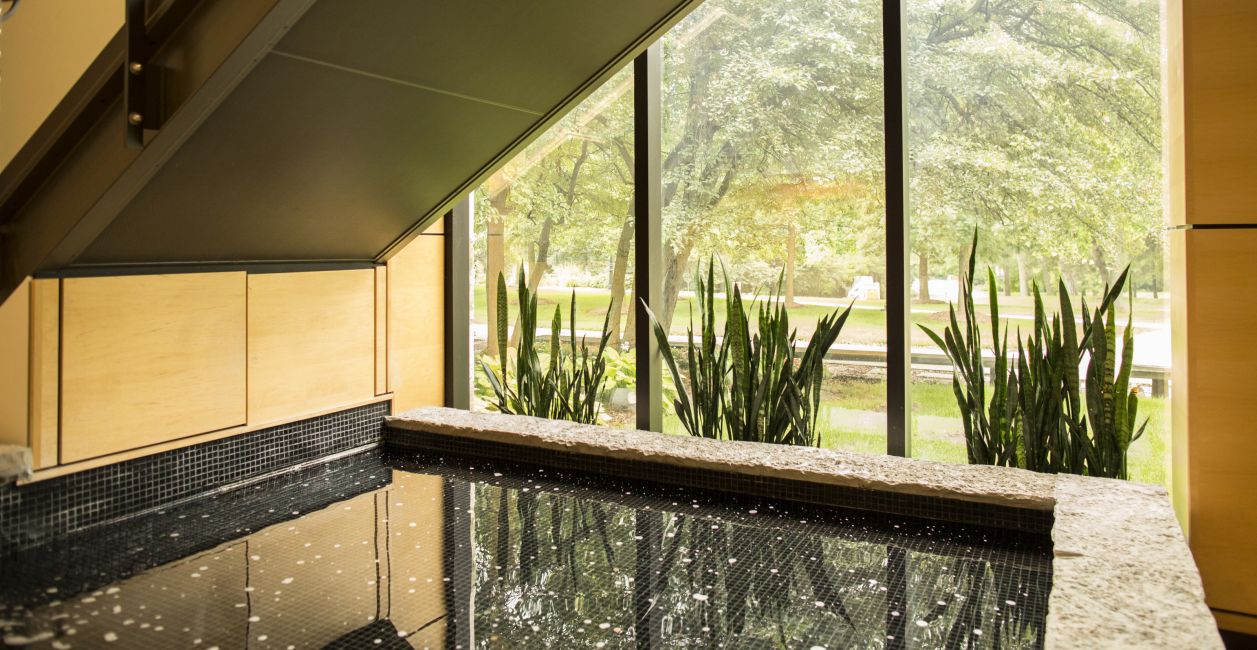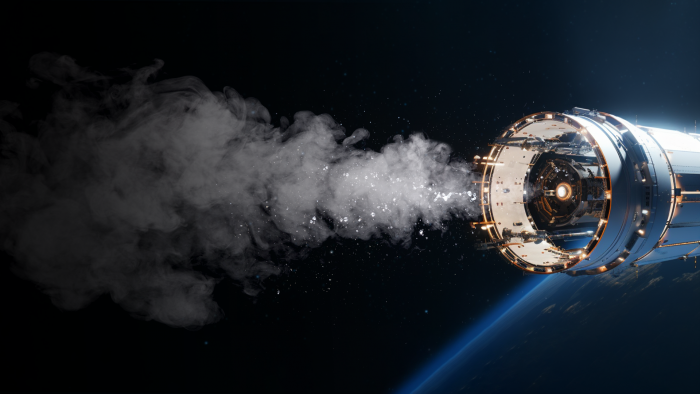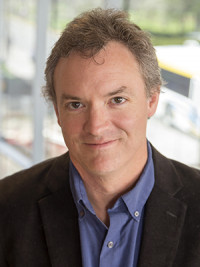
Internship funding opens pipeline to NASA

NASA has awarded Professor Kevin Crosby $300,000 in seed funding to build a new research and internship program for Carthage students.
The majority of these funds are designated for 10 summer internships over the next two years. Selected students will take part in space science research on campus during the academic year and then spend a summer working at Johnson Space Center in Houston.
The agency recently announced Carthage as one of 13 grant recipients for the Science Mission Directorate Bridge Program. Targeting schools that primarily serve undergraduate or underrepresented students, it’s designed to cultivate a more diverse, inclusive, and accessible workforce — both at NASA and in STEM occupations across the country.
“We look forward to nurturing these collaborations between faculty and NASA researchers, while supporting the development of the next generation of researchers,” said program director Padi Boyd.

Their work could ultimately contribute to a more efficient refueling solution in space. That’s one of the technological hurdles NASA needs to clear in order to establish the infrastructure for sustained human presence and commercial activity in space.
“As simple as it sounds, transferring liquid propellants between service and client tanks in space is very challenging,” said Prof. Crosby. “The grant provides funding for us to study a novel approach to facilitate tank venting during the transfer process.”
The team will also conduct educational outreach, leading activities that examine the physics of bubbles and foams. Carthage often hosts middle- and high-school students in the Space Science Lab as summer interns, and some of them have gone on to attend the College.
Prof. Crosby is optimistic that the two-year seed grant will lead to additional Bridge Program funding. That would expand the internship pipeline between Carthage and NASA and establish a lasting program of research into low-gravity bubble dynamics.
